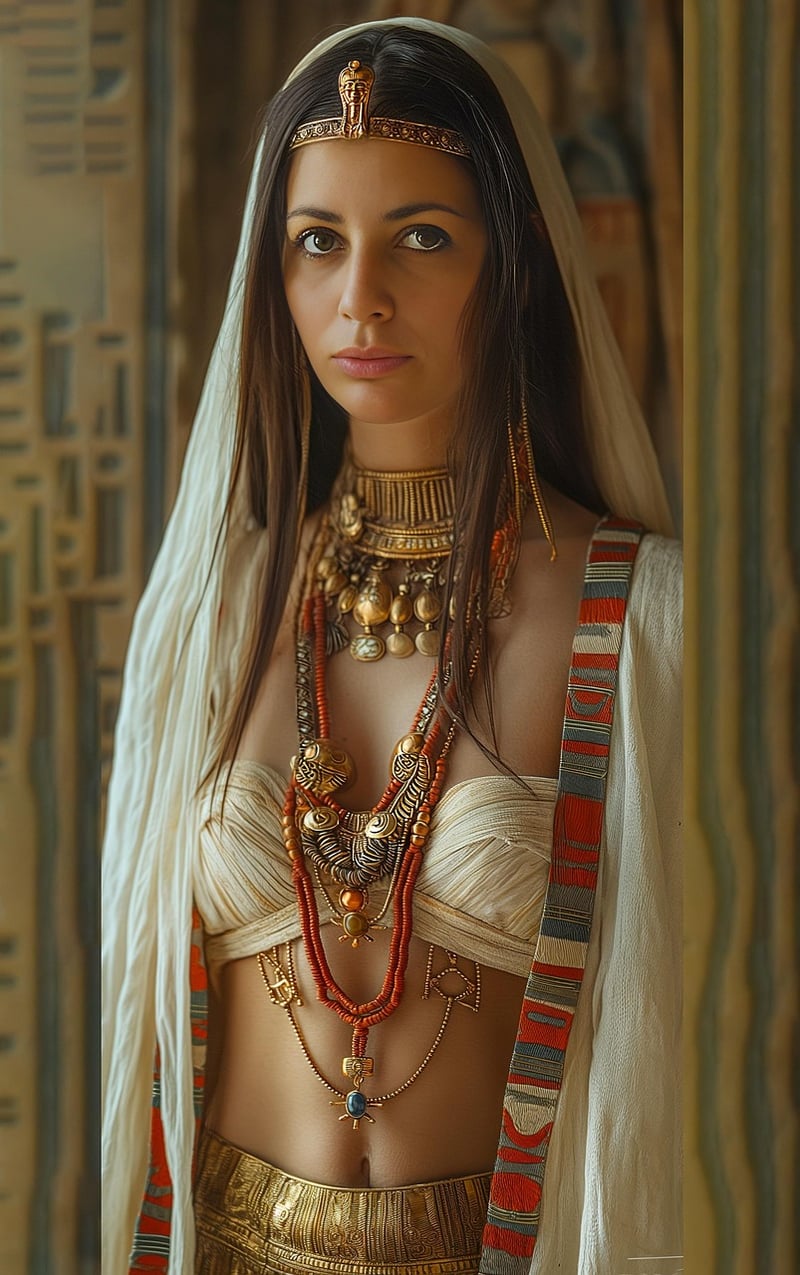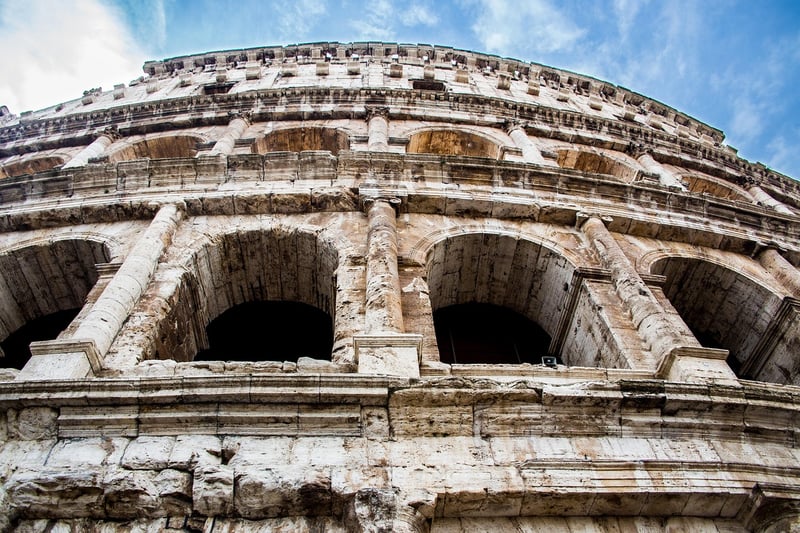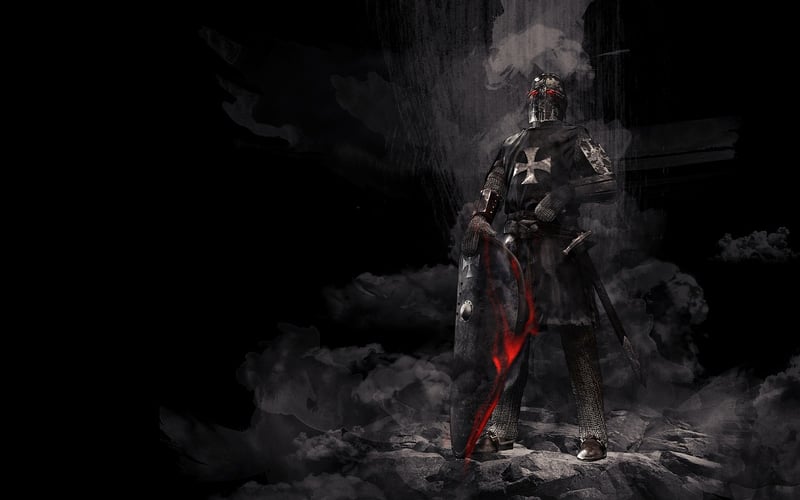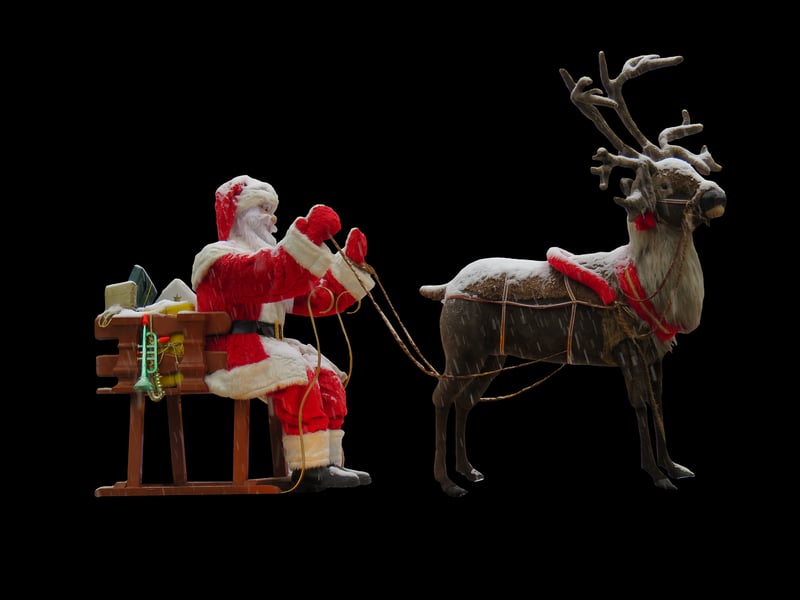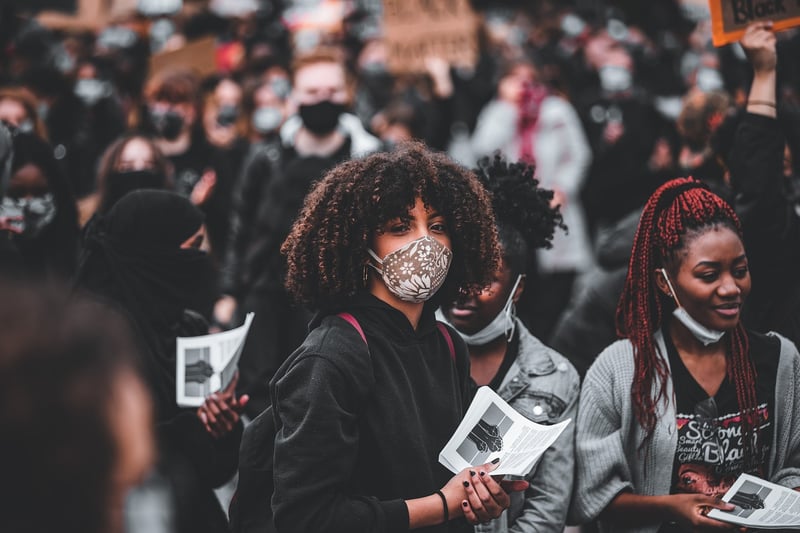Historical Events
Exploring Different Time Periods and Historical Events
History is a captivating journey through time, offering us glimpses into various civilizations, cultures, and significant events that have shaped the world we live in today. Let's embark on a fascinating exploration of different time periods and some of the most noteworthy historical events that have left a lasting impact on humanity.
Ancient Civilizations
Ancient civilizations such as the Egyptians, Greeks, Romans, and Mayans have left behind remarkable legacies that continue to intrigue historians and archaeologists. From the construction of the pyramids in Egypt to the philosophical teachings of Greek philosophers, these civilizations have significantly influenced art, architecture, governance, and societal norms.
Key Historical Event: The Fall of the Roman Empire
The fall of the Roman Empire in 476 AD marked the end of a powerful and influential era in the ancient world. Factors such as invasions by barbarian tribes, economic instability, and political corruption contributed to the empire's decline. This event reshaped the political landscape of Europe and paved the way for the Middle Ages.
The Middle Ages
The Middle Ages, also known as the medieval period, spanned from the 5th to the 15th century and witnessed significant developments in art, literature, and religion. Feudalism, the Crusades, and the Black Death are among the defining aspects of this era, characterized by a complex social hierarchy and religious fervor.
Key Historical Event: The Black Death
The Black Death, a devastating pandemic caused by the bubonic plague in the 14th century, swept through Europe and Asia, resulting in the deaths of millions of people. This catastrophic event had profound socio-economic consequences, leading to labor shortages, religious upheaval, and a reevaluation of medical practices.
The Age of Exploration
The Age of Exploration, starting in the 15th century, was a period of maritime exploration and discovery that expanded European influence across the globe. Explorers such as Christopher Columbus, Vasco da Gama, and Ferdinand Magellan embarked on voyages that opened up new trade routes and led to the exchange of goods, ideas, and cultures.
Key Historical Event: Columbus's Voyage to the Americas
Christopher Columbus's historic voyage in 1492, funded by Spain, resulted in the first sustained contact between Europe and the Americas. This encounter had far-reaching consequences, including the Columbian Exchange, the spread of European colonization, and the eventual reshaping of the world map.
The Modern Era
The modern era, spanning from the 18th century to the present day, has been characterized by industrialization, revolutions, and globalization. The Industrial Revolution, World Wars, and the Cold War are significant events that have shaped the political, economic, and social landscape of the modern world.
Key Historical Event: The Industrial Revolution
The Industrial Revolution, beginning in the 18th century in Britain, marked a period of rapid technological advancements and urbanization. The shift from agrarian economies to industrialized societies revolutionized production methods, transportation, and communication, laying the foundation for the modern industrialized world.
History is a tapestry woven with the threads of time, each era and event contributing to the rich fabric of human civilization. By delving into different time periods and historical events, we gain a deeper understanding of our past and a clearer perspective on the present and future.
